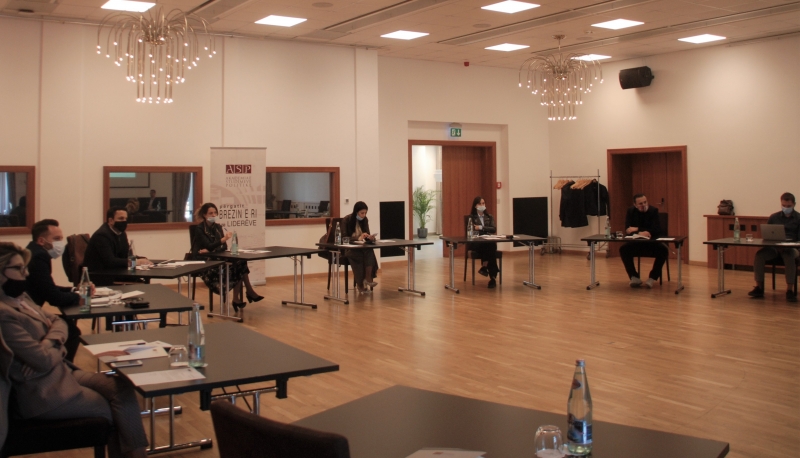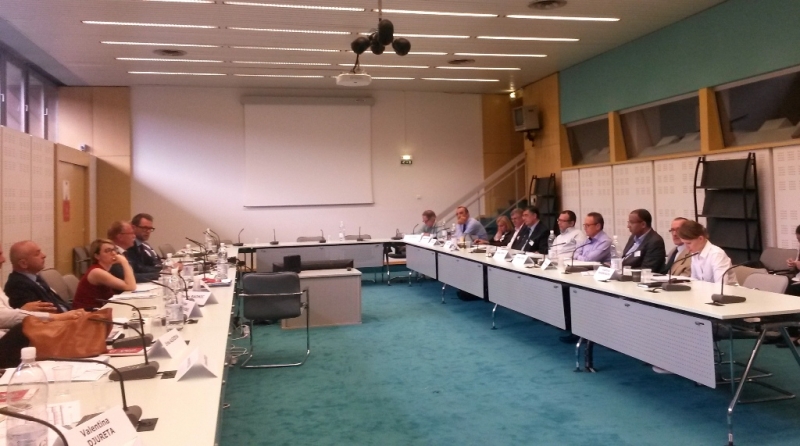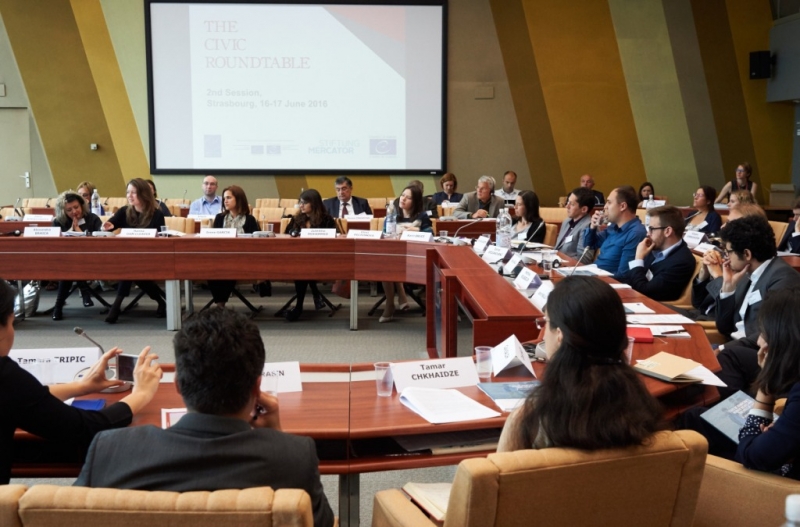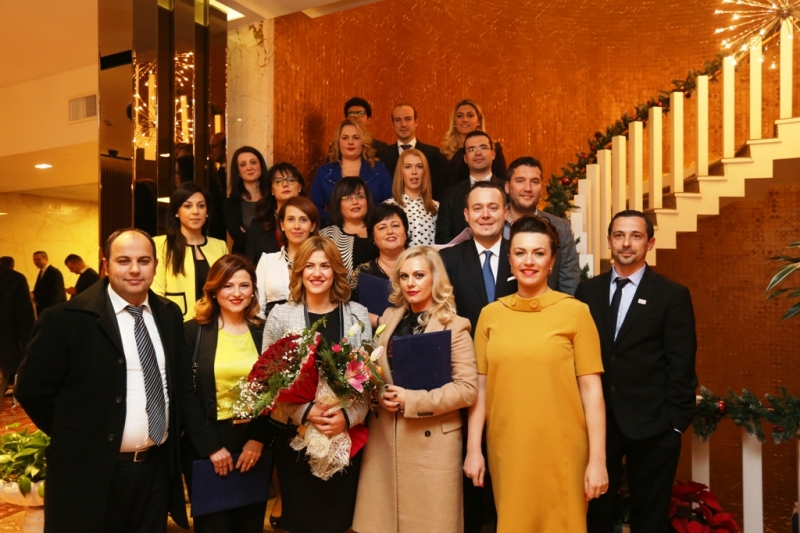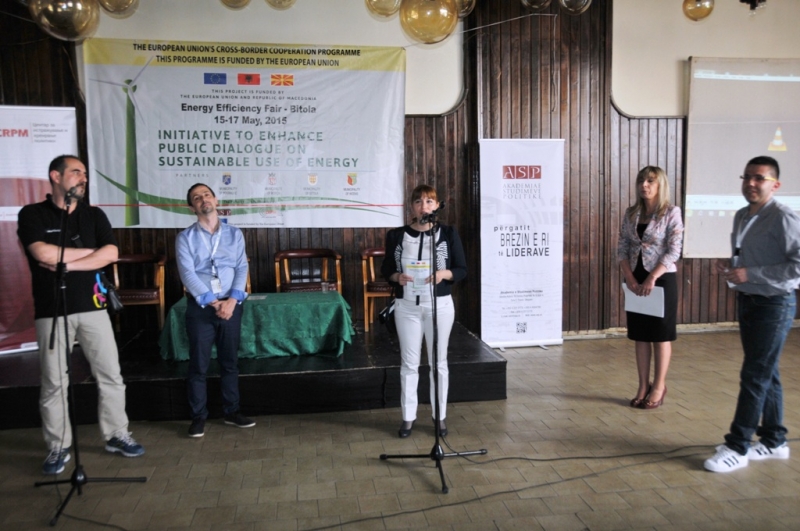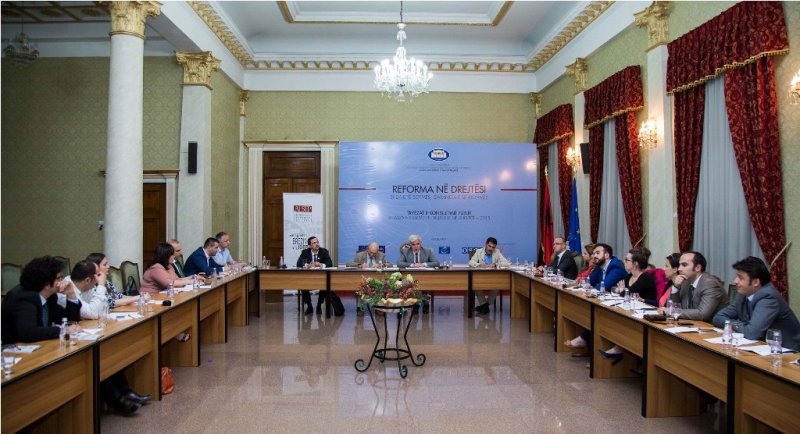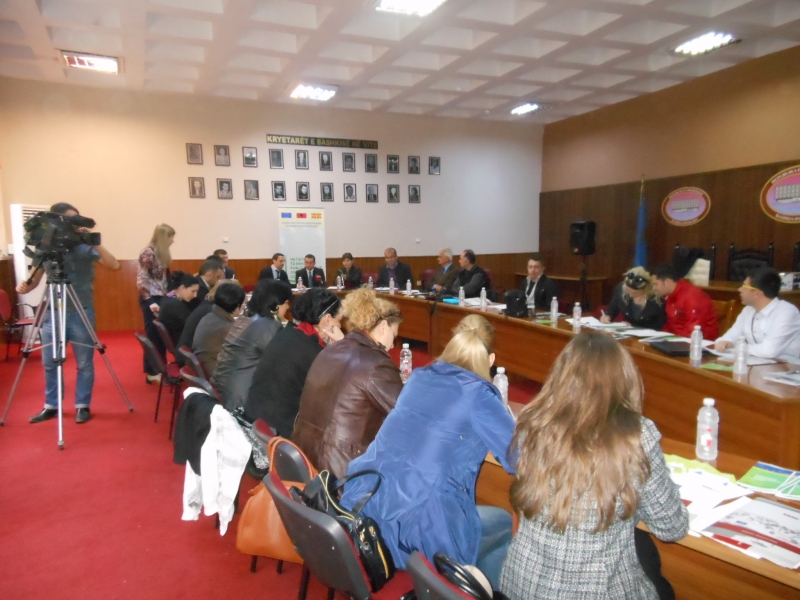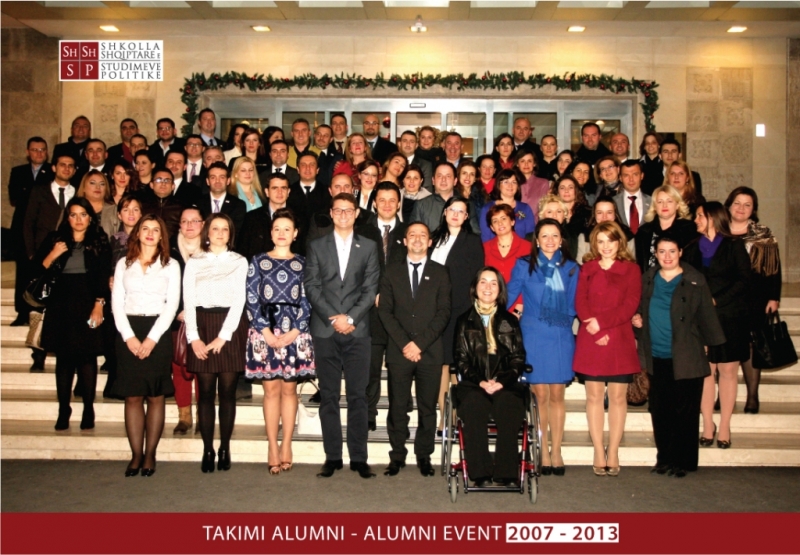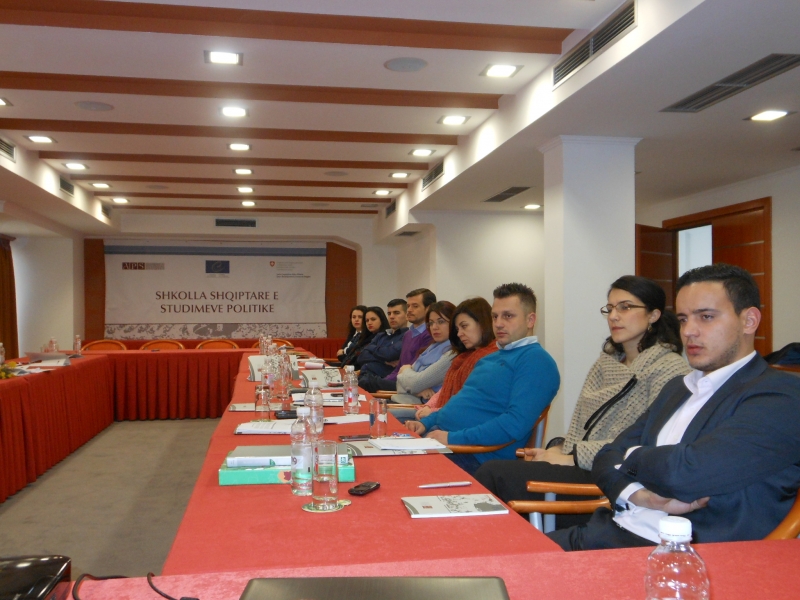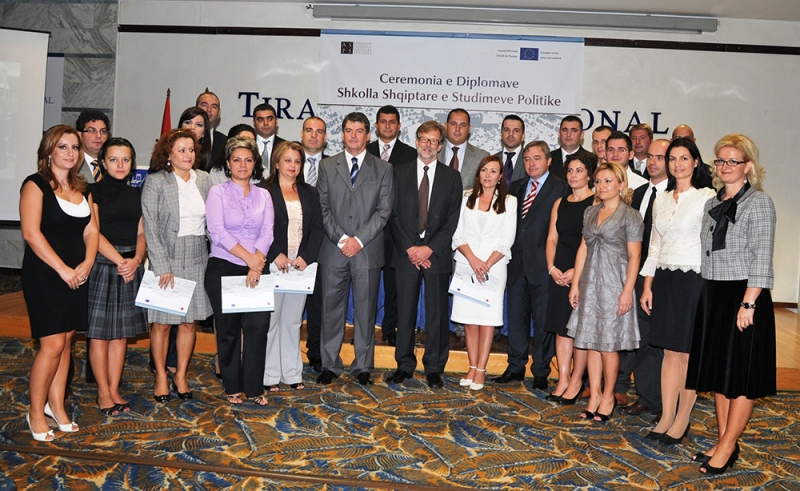
Saturday, October 12, 2024
As warned by our joint report in May, electronic voting will not be possible even in the 2025 elections in the quota provided for in the Electoral Code covering "not less than 10 percent of the voter list". The lack of necessary funds from the state budget (the CEC requested 3 times more budget than the Ministry of Finance's forecast) again made it impossible to improve a standard requested by political actors and citizens, as a factor that enables the increase of confidence in the electoral process.
Beyond the discussion about the necessary funds, the implementation of electronic voting on a large scale still remains a challenge to be managed at the technical and human level. In the analysis drawn up in cooperation between the Academy of Political Studies and the Institute of Political Studies, the problems encountered and the need for legal regulations and the administration of the process are presented, as well as concrete recommendations to ensure proper confidence in the extension of voting and electronic vote counting in choice.
Some recommendations for the steps that need to be taken in the framework of the electoral reform and the extension of electronic voting are:
• Obligation to complete the legislation on electronics in elections
The Assembly needs to further supplement in the Electoral Code the norming of the harmonization of the standards of the voting procedures that are affected by the application of technology such as security, privacy and protection of personal data. The lack of clear legal authorizations created increased costs in the last elections, while electronics should have served to reduce them. After the proper mandate from the Electoral Code, the CEC needs to draft by-laws for the implementation of the explanatory memorandum of Recommendation CM/Rec(2017)5 of the Committee of Ministers of the Council of Europe for member countries for electronic voting standards.
• Administration and human resources
Unlike the classic use of standard election procedures, technology requires that the commissioners or technical staff also have the appropriate preparation and familiarization with the process. The current practice of the electoral administration, difficulties will be encountered to recruit trained staff in all voting centers. The voluntary recruitment of operators for electronic equipment has been met with a lack of applications and in some cases even non-appearance for duty on voting day. For this reason, the widespread implementation of electronic voting may be related to the implementation of the depoliticization of the electoral administration, consisting of civil servants or other professionals familiar with the technology, who have a further legal responsibility to participate in the administration. of the process.
• Security and auditability/verifiability
The current electronic voting system chosen by the CEC is guaranteed not to be accessible from the Internet and there is no risk of attacks from outside the system. However, the possibility that the system may be attempted to be physically manipulated is not excluded. For this reason, it is recommended to classify election technology as a priority critical infrastructure and to ensure the appropriate processes of comprehensive independent auditing to highlight the vulnerabilities of the service provider's system. The establishment of control procedures and the increase of transparency of the procedures need to be increased in order to also create the appropriate trust of political actors and the public in the election technology.
• Hybrid solutions as an alternative
The use of hybrid solutions for certain counting or voting processes can be an opportunity to overcome the problems of a full electronic voting and bring mutual benefits. For example, the use of a stamp in the voting process rather than writing with a pen can facilitate the process of counting votes from the existing CEC equipment by only enabling the purchase of programs for reading and tabulating the vote. Stamped voting can also minimize the risk of invalidity of votes or piloting of votes against payment or pressure (voting in a certain way to show that the voter has voted in favor of a candidate against whom this stamp was requested ).














